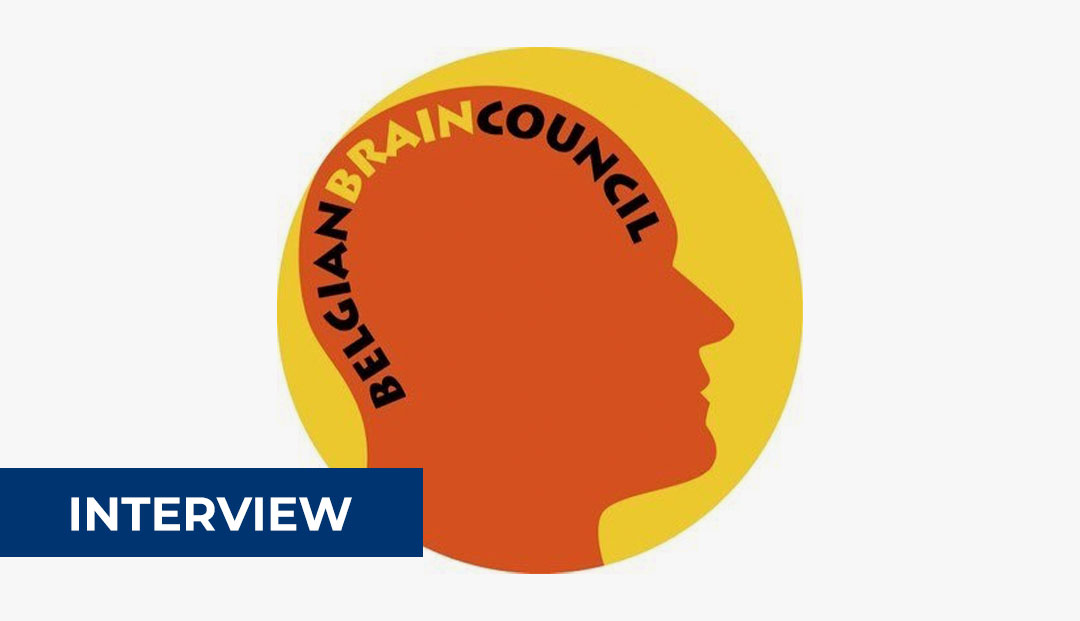
06 May HOST ORGANISATION: European Brain Data Hub
1 – What does your company do?
The European Brain Data Hub is a European organization that aims at different objectives. First, to inform and educate the general population about the brain and its disorders through awareness campaigns designed to reach a broader audience. Secondly, the association leverages its influence to advocate for increased resources, including financial support, to advance neuroscience research. Furthermore, the European data Hub also supports the activities of its members and fosters cross talks between them, allowing the promotion of patient’s empowerment in their management of brain disorders and related public health policies. Finally, another mission of our association is to launch new projects such as the data altruism association for Brain and Mental health to facilitate research and the creation of a Belgian Brain Plan. The creation of a broad brain cancer data could lead to the establishment of a Brain registry, an IT and legal solution for the collection and management of access rights to health data for the purposes of the general interest.
2 – Why did you decide to join the EU4EU program?
The European Brain data Hub, a NGO in Belgium, wanted to enlarge its horizon by opening itself to this international project and sought to enrich its activities through the welcoming of trainees from various European countries. By doing so, we aimed to incorporate diverse perspectives and expertise into our work, enhance cultural exchange, and improve the overall impact on brain research and public health initiatives.
3 – Was it easy to join the program?
Yes, the application process through the EU4EU official website was straight-forward and user-friendly. The procedure was clearly outlined with detailed instructions and in case of difficulty, support was available at every step.
4 – Do you agree that it is stimulating for an organization to open itself to international projects and to welcome foreign students? Why?
I agree because foreign students bring unique perspectives, cultural insights, and innovative ideas that can enrich the organization’s approach to problem-solving and project development. This wave of new ideas can be simply explained by the fact that the foreign students participating in the EU4EU program come from different European countries, each bringing their own academic backgrounds and experiences. This interaction provides a true opportunity for mutual learning. Thus, students from different educational systems may introduce the NGO to new technologies, methodologies, and practices that can improve efficiency and effectiveness in the NGO’s operations. It is through this diversity of thought that the more creative and effective solutions are found.
5 – Based on your experience, how well are trainees able to adapt themselves and work efficiently in a new work environment?
Adaptation is a personal quality that can be modulated by a high mobility during studies. Indeed, moving to different cities or countries for education purposes exposes individuals to diverse cultures and languages, allowing them to foster flexibility. By offering the opportunity for students from all courses of study to participate in internship programs within Europe, EU4EU enables them to enhance those precious adaptability skills.
6 – Will you participate in the EU4EU program in the future and/or do you recommend it to another company? If yes, how has it allowed improvement in your organization?
We will definitely continue to work with the EU4EU program and warmly recommend any company to join it. The decision to welcome foreign students as trainees has proven to be really beneficial for us in various ways. For example, it helped in fostering innovation, or even in amplifying the global influence of the European Brain data Hub.
